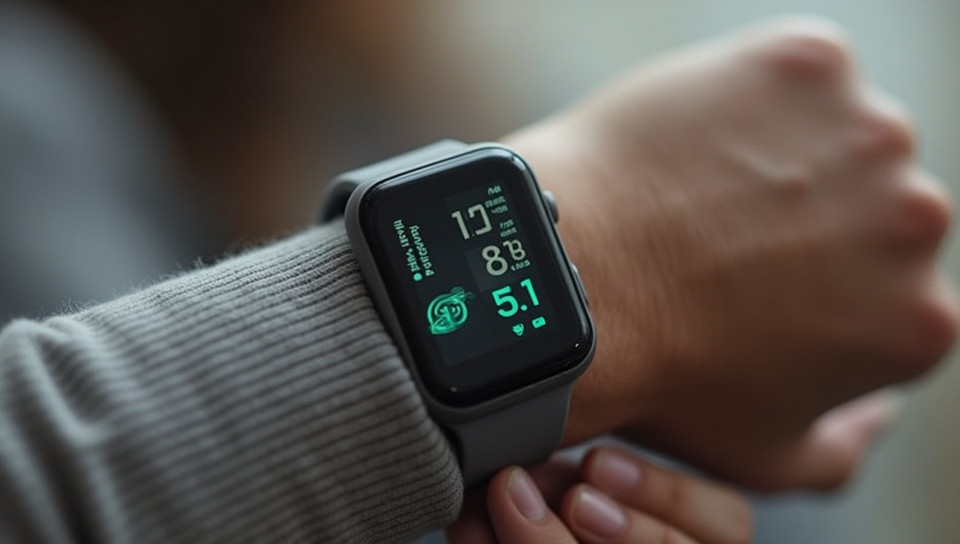Some wearable devices have inaccurately tracked user's physical activity 94%

The Dark Side of Wearable Devices: Inaccurate Tracking of Physical Activity
Have you ever found yourself wondering if your wearable device is giving you an accurate picture of your daily activity levels? You're not alone. A growing body of research suggests that some wearable devices have inaccurately tracked user's physical activity, leaving many people confused and frustrated.
The Problem with Wearable Devices
Wearable devices have become increasingly popular in recent years, promising to track our every move and provide valuable insights into our physical activity levels. However, a study published in the Journal of Medical Engineering & Technology found that some wearable devices can be up to 50% off when it comes to tracking steps taken.
Why Are Wearable Devices Inaccurate?
There are several reasons why wearable devices may not be accurately tracking user's physical activity:
- Lack of calibration: If a device is not properly calibrated, it may not accurately track the wearer's movements.
- Limited data collection: Some devices may only collect limited data on certain types of activities, such as walking or running.
- Inadequate algorithms: The algorithms used to analyze data from wearable devices can be flawed, leading to inaccurate results.
The Consequences of Inaccurate Tracking
Inaccurate tracking of physical activity can have serious consequences for users. For example:
- Users may become discouraged by false readings and give up on their fitness goals.
- Healthcare providers may rely on inaccurate data when making treatment decisions.
- Insurance companies may not accurately reimburse users for fitness-related expenses.
What Can Be Done?
Fortunately, there are steps that can be taken to improve the accuracy of wearable devices:
- Regular calibration: Users should regularly calibrate their devices to ensure they are tracking movements accurately.
- Data analysis: Healthcare providers and researchers should analyze data from wearable devices critically, taking into account potential limitations and biases.
Conclusion
The inaccurate tracking of physical activity by some wearable devices is a serious issue that needs to be addressed. By understanding the limitations of these devices and taking steps to improve their accuracy, we can ensure that users get the most out of their fitness tracking experience. Ultimately, it's up to device manufacturers, healthcare providers, and users themselves to work together to create more accurate and reliable wearable technology.
- Created by: Juliana Oliveira
- Created at: Aug. 14, 2024, 12:16 a.m.
- ID: 7089







